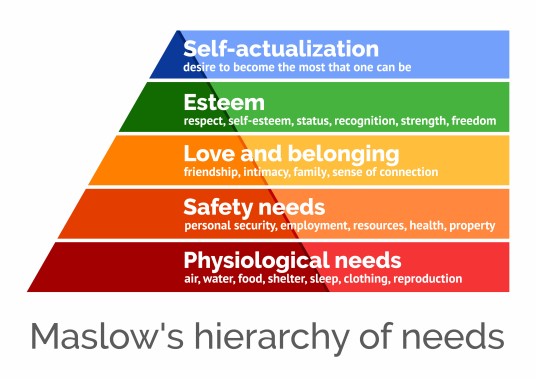
We often talk about men’s duties and responsibilities, or their failures to man-up and adequately serve women and society. But we rarely talk about men’s needs, nor encourage them to carve out some self-actualized living.
Abraham Maslow’s model of human needs is depicted as a series of hierarchical levels on a pyramid. At the base are what he calls the deficiency needs (D-needs) which must be fulfilled before moving up to enjoy the higher needs. Any absence in deficiency needs, such as social belonging or having enough to eat, creates a sense of deprivation that motivates people to seek satisfaction of those needs.
D-needs are comprised of the lower four of the following levels of need: Physiological, safety, belonging, and self-esteem.
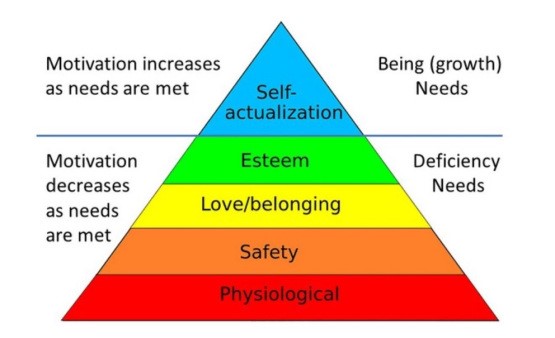
The guiding principle in this model is that each base-need must be satisfied before moving onto the next level of need motivation, culminating finally in the pursuit of personal ‘self-actualization,’ a flowering of human potential inviting more free-time and the luxury of not being preoccupied with servicing base needs for ourselves and others.
Sadly, catering to the deficiency needs of everyone around them is precisely what most men find themselves doing. Men collectively spend most of their waking hours servicing the base needs of others, particularly female others who are freed to pursue the more luxurious need goals related to self-actualization.
Think of the so called ‘housewife’ or ‘home maker,’ or of women who make the sensible choice of working part time so their work-life balance is not deleterious to their higher order needs nor aspirations for self-actualisation.
Meanwhile, we often fail to ask who is labouring away at servicing the base needs of society; who is growing the most meat and vegetables to cater to human need; who is transporting the food; who is working longer hours to earn the bigger weekly wage to pay for all the foodstuffs that mostly others will eat? Who is building the houses and infrastructure for people to luxuriate within; Which sex is putting themselves on the line to ensure the safety of others? And which sex is pandering to women’s relationship ideals – including the funding of regular holiday packages, latte and shopping money, and big helpings of benevolent sexism to ensure the ‘esteem needs’ of women are fully met?
You guessed it – they are the base needs servicing army.
Alternatively, and on a more personal level, which sex suffers most homelessness, street violence, workplace injuries, health deprivation, safety deprivation, love/belonging deprivation, depression, suicide or early death? Clearly men are not very good at servicing their own base needs – perhaps because they are so preoccupied serving those of others.
Analysed honestly, a picture emerges of men preoccupied their whole lives with catering to base needs of women and children, and in many cases neglecting those very same needs in themselves. And too often women appear reluctant to fill the breach – perhaps because they are preoccupied with enjoying higher order needs and their own creative pursuits toward self-actualization.
Maslow conceptualized his model as a universal path regardless of one’s gender, a human path not requiring sharp distinctions between the big-picture needs of men or women respectively. This however appears far from the reality when we consider that his pyramid today has been carved into distinctly gendered turf, with men relegated to servicing the bottom need-rungs for women (especially physiological and safety needs), or indirectly servicing them via paying taxes to a government who services those same needs, thus allowing women to devote energy to the creative pursuits of romantic love, belonging, self-esteem, and of course the cherry on the top – self-actualization.
Not only do men take care of most physical needs and safety issues, they feel compelled to provide support for whatever higher-need whims their female partners inevitably dream up — “I just do whatever she wants so she can be happy”.
Betty Friedan, champion of the women’s liberation movement and instigator of second-wave feminism called for self-actualization for all women, writing “Only by such a personal commitment to the future can American women break out of the housewife trap and truly find fulfillment… by fulfilling their own unique possibilities as separate human beings.”1
Friedan cited Maslow’s higher-order description of ‘self-actualization’ as essential for women to achieve this aim – and achieve it they have, in spades.
To-date we are still waiting for the cry to go out for male self-actualization.
To a large extent men, being perpetually stuck catering to bottom order needs is a hangover of human survival roles in which men and women divided labours between themselves in order to ensure survival of the family unit and, with it, the species. Having realized that survival, and living now in societies with far less disease, danger, and with greater material abundance, women have collectively seen fit to “liberate” themselves from traditional roles while men, generally speaking, have not. This is what we call the blue-pill conundrum — one sex is living the liberated dream, while the other remains stuck in a traditional service role.
The idea of men reaching for higher order needs is among the hottest of men’s rights questions arising today: i.e. should we remain welded to our traditional roles of protector and provider and hope that “liberated” women will disavow their multi-option lives and come join us in the trenches? Or do we join them and insist that neither sex should be responsible for the base needs of the other while simultaneously neglecting their own safety and higher fulfillment?
I think the question is self-answering.
Men and boys might now pause to consider they have the option to focus on their own base needs as much as anyone else’s. We also have the option to pursue Maslow’s higher-order needs of self-actualization, described as, “the desire for self-fulfilment, namely the tendency for him to become actualized in what he is potentially. This tendency might be phrased as the desire to become more and more what one is, to become everything that one is capable of becoming.”2
Self-actualization is further defined by Dictionary.com as “the achievement of one’s full potential through creativity, independence, spontaneity, and a grasp of the real world.” It entails nothing less than the realization of one’s creative, aesthetic, intellectual, and social potential, but it can only come about by the commitment of the self-determined, red pill man to live a life of freedom. He is the one who opts for being over and above selfless sacrifice and catering to survival needs alone. He is the one builds, dreams, cooks, rides a Harley, has hobbies, visits friends, goes on an adventure.
If we accept that there are no victims in life, only volunteers, that means there is literally nothing standing in the way of a more a fulfilling, self-actualized existence. The choice as always is ours.
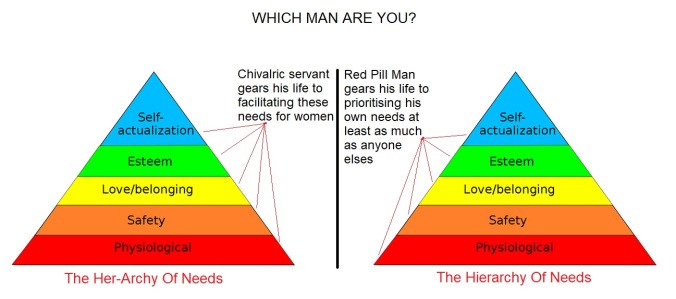
Peak Experiences
Another concept presented by Maslow’s is peak experiences –those moments of intense happiness that stand apart from usual mundane experience, something he suggested was more likely to occur with regularity for the self-actualized person.
According to Maslow, feelings accompanying peak experiences included “wonder, awe, reverence, humility, surrender, and even worship before the greatness of the experience.” And he added that reality is perceived with a sense of “truth, goodness, beauty, wholeness, aliveness, uniqueness, perfection, completion, justice, simplicity, richness, effortlessness, playfulness, self-sufficiency” 3
Those humans lucky enough to enjoy the self-actualized life, punctuated as it is with peak experiences, would seem to live a privileged existence.
The following Wikipedia list offers some typical characteristics of peak experiences — experiences which in many ways are comparable to the freedoms described under red pill living:
- loss of judgment to time and space
- the feeling of being one whole and harmonious self, free of dissociation or inner conflict
- the feeling of using all capacities and capabilities at their highest potential, or being “fully functioning”
- functioning effortlessly and easily without strain or struggle
- feeling completely responsible for perceptions and behavior. Use of self-determination to becoming stronger, more single-minded, and fully volitional
- being without inhibition, fear, doubt, and self-criticism
- spontaneity, expressiveness, and naturally flowing behavior that is not constrained by conformity
- a free mind that is flexible and open to creative thoughts and ideas
- complete mindfulness of the present moment without influence of past or expected future experiences
- a physical feeling of warmth, along with a sensation of pleasant vibrations emanating from the heart area outward into the limbs.
Every detail of that list has been described by men who have swallowed the red pill and decided to live life on their own terms.
When men are no longer preoccupied in servicing the needs of Betty Friedan’s liberated women, no longer preoccupied by honey-do lists, the long work hours and the burden of social guilt that accompanies the role of servicing (and ultimately failing) women’s expectations, they can then begin to pursue their own needs as self-actualized men.
Those men who have swallowed the red pill report a new experience of freedom, one that comes with transcendence of temporal time and space as men become less chained to the clock and its plantation-like schedules. There’s far less ‘dissociation or inner conflict’ as blue-pill cognitive dissonance becomes a thing of the past, and self-actualization becomes second nature.
Feminists since Betty Freidan have succeeded in managing all levels of Maslow’s ladder, from physiological needs upwards, for their own self-benefit. They’ve treated human needs as a gendered turf war, with Maslow’s pyramid divided up like real estate on a Monopoly board where all the good properties are owned by women, while men pay rent on their Mayfair and Park Lane stopovers, or go straight to jail. The time to level the playing field is long overdue.
Sources:
[1] Friedan, Betty, The Feminine Mystique (1963)
[2] Maslow., A. A Theory of Human Motivation, Psychological Review 50, pp. 370-396. (1943)
[3] Maslow, A.H. (1964). Religions, values, and peak experiences. London: Penguin Books Limited
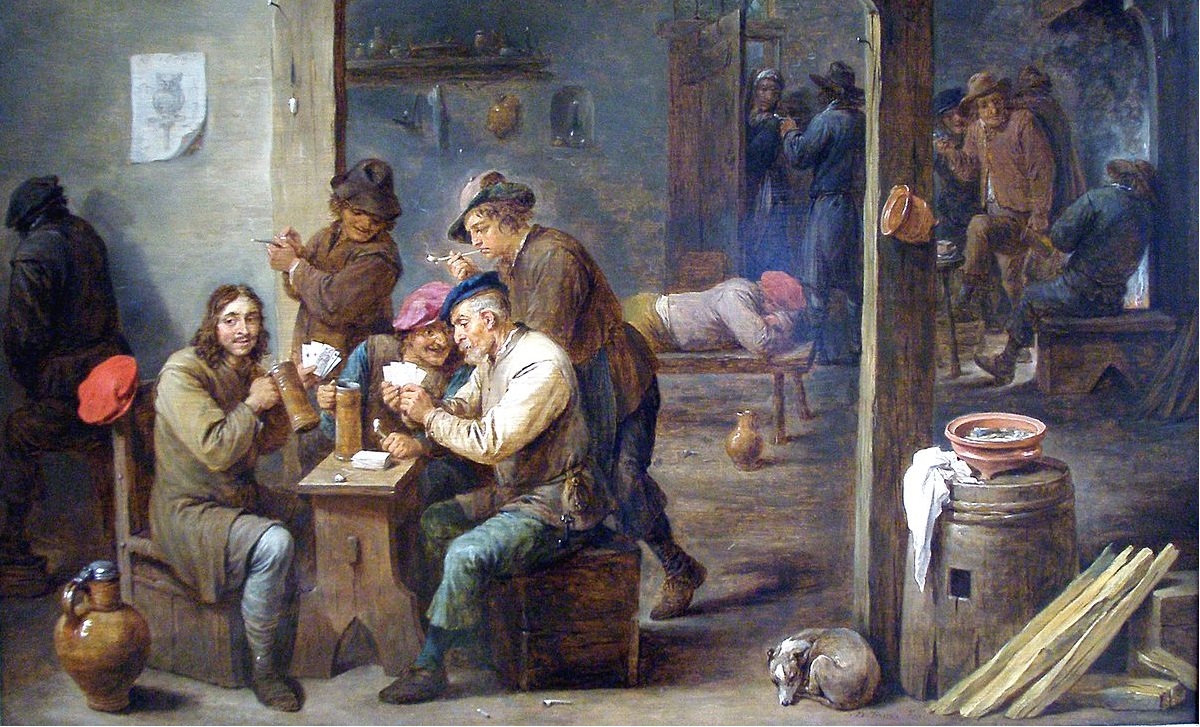
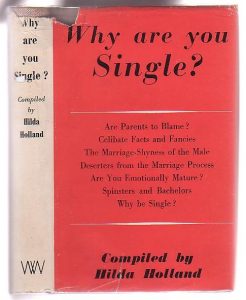 Looking back as recently as 1950 we have evidence of the shaming backlash against men who reject marriage and gynocentrism in the form of a book, “Why Are You Single?” a collection of essays compiled by Hilda Holland.
Looking back as recently as 1950 we have evidence of the shaming backlash against men who reject marriage and gynocentrism in the form of a book, “Why Are You Single?” a collection of essays compiled by Hilda Holland.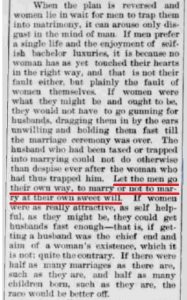
 Bachelorhood is surely one of the fine arts. No man becomes a bachelor other than by selection. A mere failure to connect on the matrimonial timetable does not constitute a bachelor! By no means. As well you might call a man a Frenchman who missed his steamer, thereby finding himself in France.”
Bachelorhood is surely one of the fine arts. No man becomes a bachelor other than by selection. A mere failure to connect on the matrimonial timetable does not constitute a bachelor! By no means. As well you might call a man a Frenchman who missed his steamer, thereby finding himself in France.”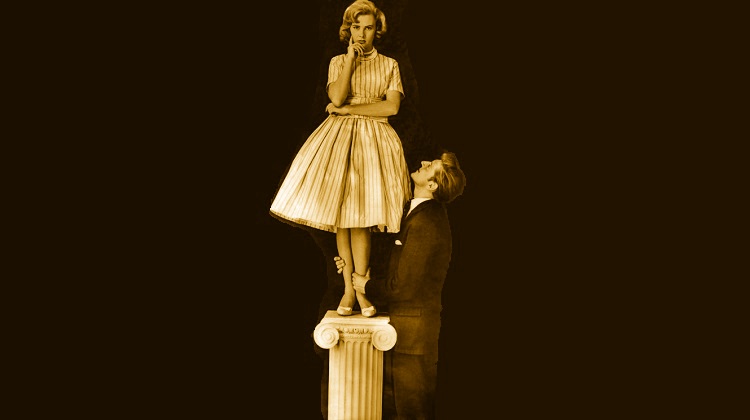
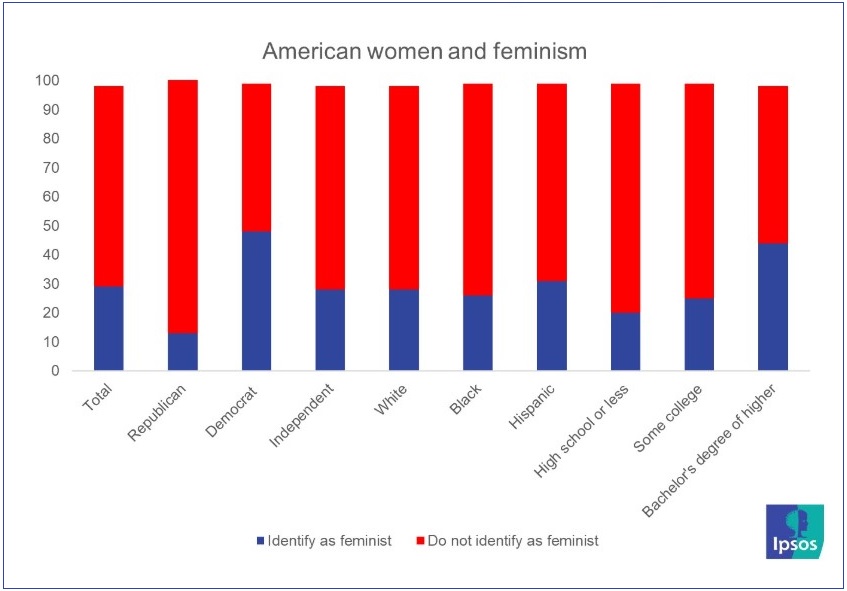
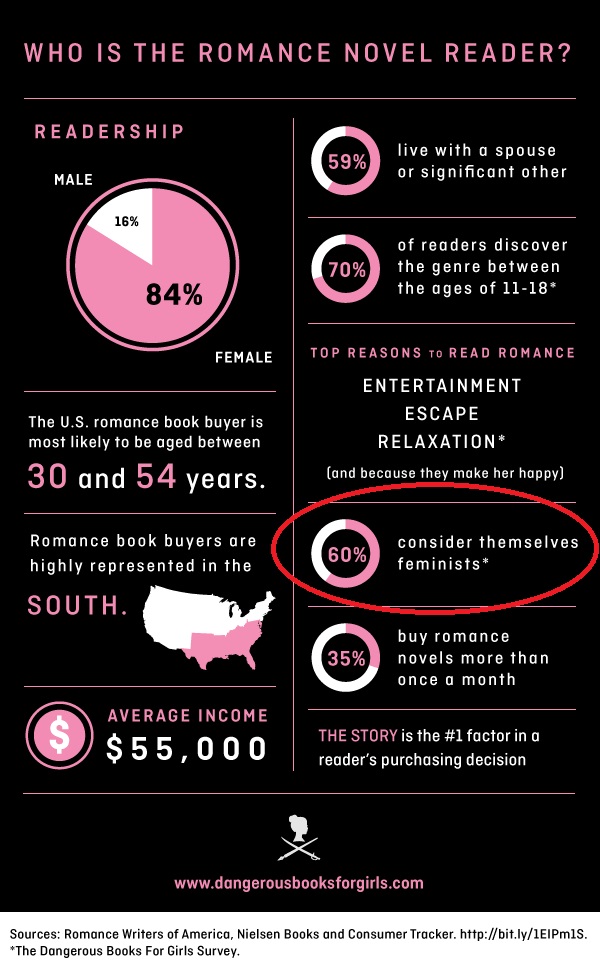
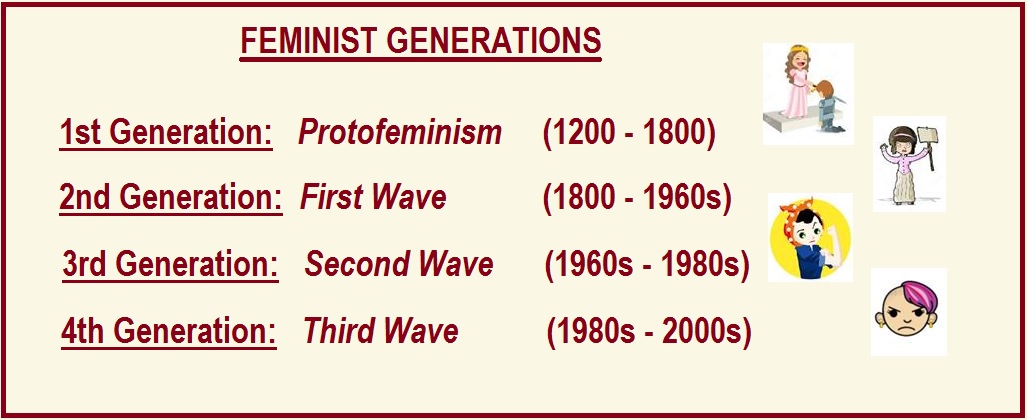
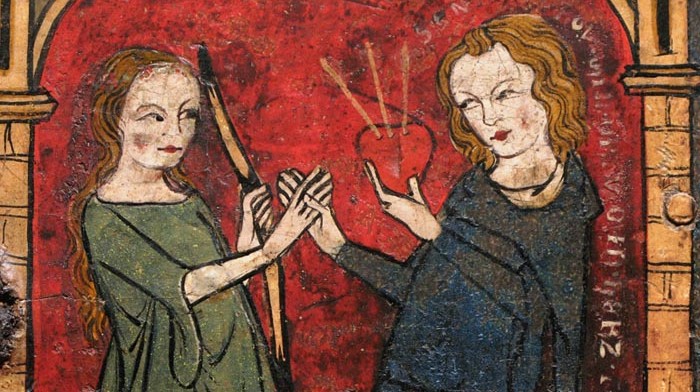



 To be sure, pen names are used for a variety of reasons. Some more high-toned female authors may use a pen name because they wouldn’t want their colleagues in academia to know that they dabble in such a low-status genre (though there are critics who assert that the only reason romance novels are lacking in prestige is because the genre is dominated by females). So it’s understandable that men who write romance novels would use some sort of female pseudonym. They don’t want their buddies to know what they’re doing, but more importantly, a prospective female reader might look askance at a paperback romance penned by a man. How could a male author create a believable heroine?
To be sure, pen names are used for a variety of reasons. Some more high-toned female authors may use a pen name because they wouldn’t want their colleagues in academia to know that they dabble in such a low-status genre (though there are critics who assert that the only reason romance novels are lacking in prestige is because the genre is dominated by females). So it’s understandable that men who write romance novels would use some sort of female pseudonym. They don’t want their buddies to know what they’re doing, but more importantly, a prospective female reader might look askance at a paperback romance penned by a man. How could a male author create a believable heroine?